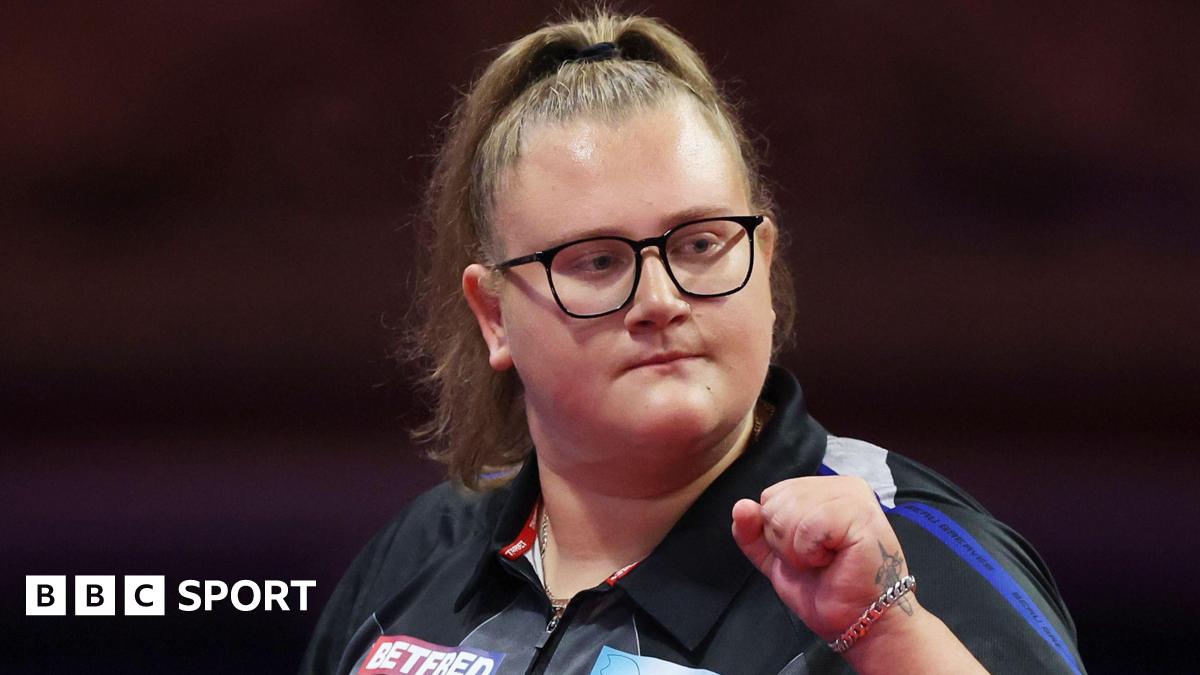 Reverse mortgages can help with financial security during retirement, but they come with conditions that borrowers should plan for.
Getty Images/iStockphoto
Reverse mortgages can help with financial security during retirement, but they come with conditions that borrowers should plan for.
Getty Images/iStockphoto
Retirement looks a lot different right now than it did for previous generations. While it was common at one point to arrive at your golden years with a robust pension, a paid-off home and enough savings to comfortably cover your expenses, today's retirees face a more complicated financial landscape. Home values have climbed dramatically over the past few decades, but so have the costs of nearly everything else. As a result, many older Americans find themselves sitting on substantial home equity but struggling with monthly expenses, healthcare costs or unexpected financial challenges.
That's where the reverse mortgage, a financial tool that's become increasingly popular among homeowners 62 and older, comes into play. These loans have increased in popularity recently because they allow you to convert a portion of your home equity into cash without selling your home or taking on a monthly mortgage payment. It sounds almost too good to be true: access to funds when you need them most, with the ability to continue living in your home. But like any other financial product, reverse mortgages come with rules and requirements that borrowers need to understand.
And, some of those rules determine how long you can actually stay in your home once you take out a reverse mortgage. That timeline isn't always as straightforward as you might expect, as certain triggers can cause the loan to become due and payable sooner than you anticipated. So, what exactly should you know about that timeline?
Find out how you could benefit from a reverse mortgage during retirement.
How long can you stay in your home with a reverse mortgage?
The short answer is that you can stay in your home for as long as you live there as your primary residence and continue to meet the loan obligations. There's no predetermined time limit or expiration date on a reverse mortgage. Unlike a traditional mortgage with a 15- or 30-year term, a reverse mortgage is designed to last as long as you need it, potentially for the rest of your life.
However, that "as long as you meet the obligations" part is crucial. A reverse mortgage doesn't give you unconditional, permanent rights to stay in your home without any responsibilities. You must continue living in the home as your primary residence, which generally means spending at least six months and one day there each year. If you move out permanently, move into a nursing home or assisted living facility for more than 12 consecutive months, or die, the loan becomes due and payable.
You're also required to maintain the home in good condition, pay property taxes, keep your homeowners insurance current and cover any homeowner association fees. These aren't optional expenses, either. They're mandatory conditions of the loan. If you fall behind on any of these obligations, your lender can declare the loan due and payable, potentially forcing a sale of the home. This has been a painful reality for some reverse mortgage loan borrowers who underestimated ongoing costs or experienced financial setbacks that made it difficult to keep up with property taxes and insurance.
For married couples, though, there's an important protection worth noting. If both spouses are listed as co-borrowers on the reverse mortgage, the surviving spouse can continue living in the home after their partner dies without the loan becoming due. However, if only one spouse is on the loan (which often happens because one spouse was under 62 when they applied), the situation becomes more complicated.
Find out what reverse mortgage loan options are available to you now.
What happens to the home after you move out or die?
A crucial part of understanding how long you can stay in the home is knowing what happens after you leave. Once a maturity event occurs, the reverse mortgage becomes due. Typically, heirs or the borrower's estate have six months to repay the loan, though they can often request extensions of up to two additional 90-day periods if they're actively working on repayment.
There are typically several options for your heirs or estate at this stage, including:
- Sell the home: Selling the home is the most common approach. The proceeds from the sale are used to pay off the reverse mortgage balance. If the home sells for more than the balance owed, heirs keep the difference.
- Refinance or purchase the home: Heirs who want to keep the property can pay off the reverse mortgage by refinancing it into a traditional mortgage or using other funds. With a HECM, they only need to pay the lesser of the loan balance or 95% of the home's appraised value, even if the balance exceeds the home's worth.
- Allow the lender to take possession of the home: Because HECMs are non-recourse loans, if the balance is higher than the home's value, neither the borrower nor the heirs will be personally liable for the difference. The lender can take possession of the home, but no other assets are at risk.
This repayment structure is what allows borrowers to stay in their homes as long as they want. The lender isn't expecting monthly payments, but knows repayment will occur when the borrower leaves the home permanently.
The bottom line
For retirees who want to age in place while accessing their home equity, a reverse mortgage can offer both financial breathing room and housing stability. These types of loans are designed to let older homeowners remain in their homes for as long as possible without making monthly mortgage payments. So, as long as you live in the home, keep up with taxes, insurance, and maintenance, and comply with loan terms, you can typically stay indefinitely. When you eventually move out or die, though, the loan becomes due, but even then, repayment is typically structured to give heirs time and flexibility to decide what to do with the property.
Edited by Matt Richardson


















































